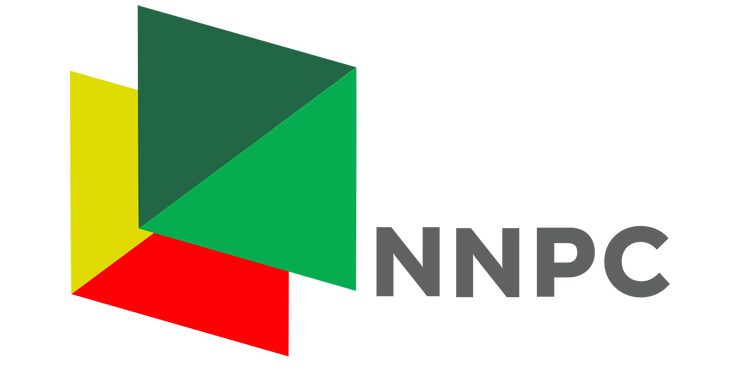Nigeria National Petroleum Company Limited (NNPCL) has acknowledged that its ongoing financial challenges may jeopardize the sustainability of petrol supply across the country. This admission follows reports that the state-owned oil giant is indebted to suppliers by approximately $6 billion, causing supply agents to hesitate in providing the much-needed product.
The financial strain has forced NNPCL to implement stock rationing measures and plead with major suppliers to continue fuel deliveries despite the growing debt. According to industry sources, at least five vessels destined for Nigeria have refused to offload their cargo due to fears of non-payment, exacerbating the supply crisis. Over the weekend, a major supplier confirmed that the situation has become critical, with NNPCL struggling to maintain regular fuel distribution.
The Nigerian government recently provided a $300 million bailout to NNPCL, but this amount has proven insufficient to ensure consistent petrol supply nationwide. As a result, petrol shortages have gripped major cities such as Lagos and Abuja, where only a few filling stations had fuel available yesterday. The scarcity has led to long queues, with desperate motorists waiting for hours to refuel.
In response to the supply constraints, independent marketers have significantly increased prices, selling a litre of petrol for as much as NGN950 in some areas of Lagos, with even higher prices reported in other states. The surge in fuel prices has further strained households and businesses already grappling with rising costs and economic uncertainty.
The ongoing crisis highlights the precarious state of Nigeria’s fuel supply chain and raises concerns about the ability of NNPCL to manage the country’s energy needs in the face of mounting financial pressures. As the situation unfolds, the Nigerian government and NNPCL will need to find urgent solutions to prevent further disruptions and stabilize the supply of petrol to consumers.















